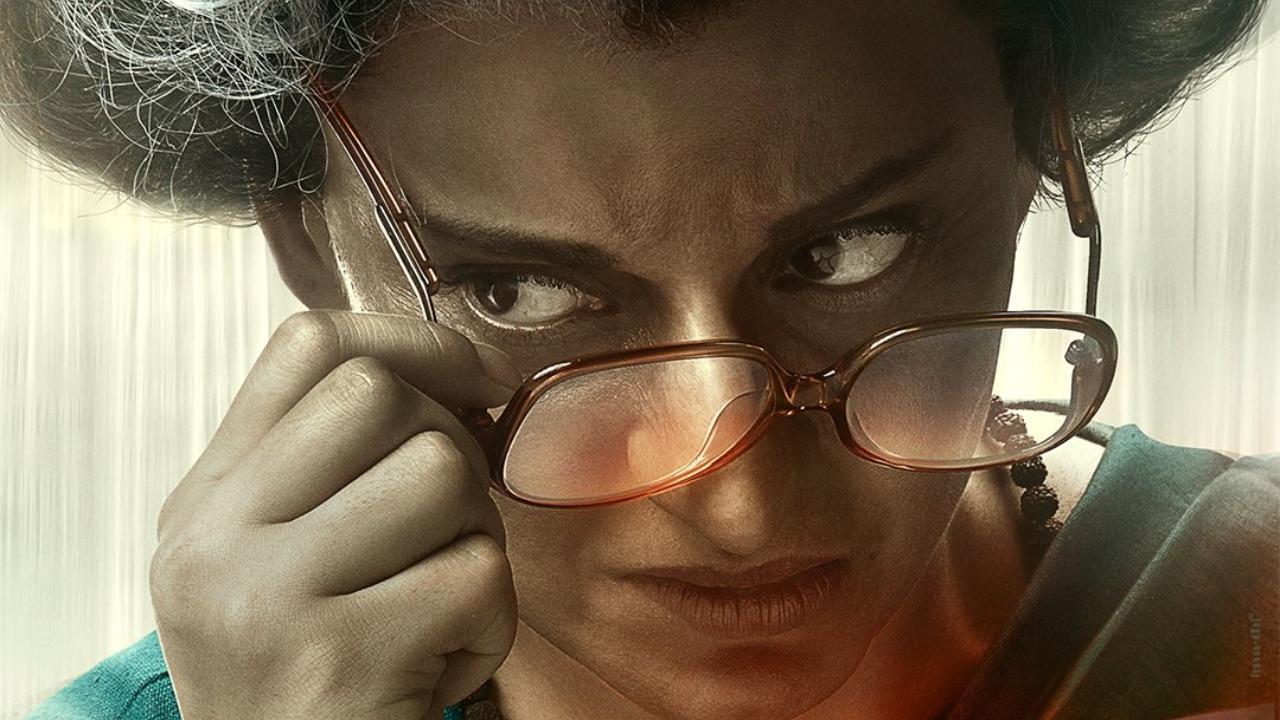
Amidst the excitement following India’s announcement of its Oscar entry, Kiran Rao’s feminist dramedy Laapataa Ladies, a significant conversation has been sparked regarding Payal Kapadia’s critically acclaimed film All We Imagine As Light. Despite securing the prestigious Grand Prix at Cannes 2024, Kapadia’s film surprisingly didn’t get selected as India’s representative for the Oscars 2025—a decision that many found puzzling, considering the global recognition it received at Cannes and beyond.
Nevertheless, in a demonstration of sportsmanship and solidarity with fellow filmmakers, Kapadia herself appeared unfazed by the Oscar snub, turning her accolades towards Rao’s work. When queried about her film not being chosen for the prestigious award event, Kapadia responded with an infectious smile, “Laapataa Ladies is a great film. I was just happy. It’s a wonderful film. All of us saw it and loved it. I loved Kiran Rao’s previous film as well. I am just happy that it’s selected and it’s the film that’s going to be there.”
In a frank discussion about potentially taking All We Imagine As Light to the Oscars independently, Kapadia explained the situation with a sense of calculated anticipation. “It’s going to release in America on November 15. The distribution will decide that once it releases, what’s the response. We will see,” she stated during an event designed to announce the film’s release date within India. This feature, starring Kanu Shruti, Chhaya Kadam, and Hridhu Haroon, is set for a release in Indian cinemas on November 22. Present at the event was Telugu actor and producer Rana Daggubati, who is championing the film’s distribution in the Indian market.
Kapadia expressed her excitement about premiering the film in her homeland after its remarkable Cannes triumph. “The win was surreal. The film has taken many years to get made, so we were happy with the selection alone.
. But what all of it has led to and what I am most excited about is that the film will release in India and people will buy tickets to watch my film. That makes me really happy,” she shared passionately.
Payal Kapadia didn’t spare any words as she lauded Daggubati and his team for their exceptional comprehension regarding the distribution intricacies entailed with a distinct production such as All We Imagine As Light. Kapadia emphasized their meticulously calculated approach, which thoroughly considered various regional markets and the affective response expected in specialized areas such as the Kerala film industry. “They had a very planned distribution approach, which understood what the film could do in different regions and within the Kerala film industry. They were very sensitive to that, and I respected that outlook to distribution,” she noted.
This project not only inaugurated a new milestone for Indian cinema by securing India’s first-ever Grand Prix prize at Cannes but also brought attention to the pressing need for robust support mechanisms tailored for Indian independent filmmakers. Highlighting the tireless journey of indie storytellers, Kapadia advocated for a concerted effort across different sections of the film industry to foster these unique narratives. “As indie filmmakers, the challenge is at every step. Even if you get funding from India completely, the next step is distribution—where does it get shown? So indie filmmakers are struggling at every step of the way,” Kapadia expressed, alluding to the necessity of a supportive framework.
With a thoughtful tone, she pointed out how co-productions often steal the limelight by reaching film festivals, yet many meaningful local films only find limited reach. They eventually make it to platforms like OTT services but miss the theatrical opportunity they deserve. Using Mahesh Narayanan’s recent film Declaration as an example, Kapadia opined, “It arrived on Netflix but it should have had a theatrical release.” She reminisced over times when grants and distribution provided a tangible avenue for indie films to get nationwide aired, suggesting that reinvigorated funding efforts could bring back a richer diversity into the film industry landscape.
All We Imagine As Light is a profound narrative that delves into the lives of three women in Mumbai, including Prabha, a nurse whose life undergoes a significant shift after she receives a cryptic present from her estranged husband—a story reverberating with universal themes of personal longing and self-discovery.
As India continues celebrating Laapataa Ladies, the enthusiasm surrounding Kapadia’s work exemplifies how diversity within the cinematic narrative can usher in new eras for Indian storytelling on the global stage. Her positive perspective on what lies ahead for both her film and Indian cinema encapsulates a spirit of collaborative progress and unyielding optimism.










